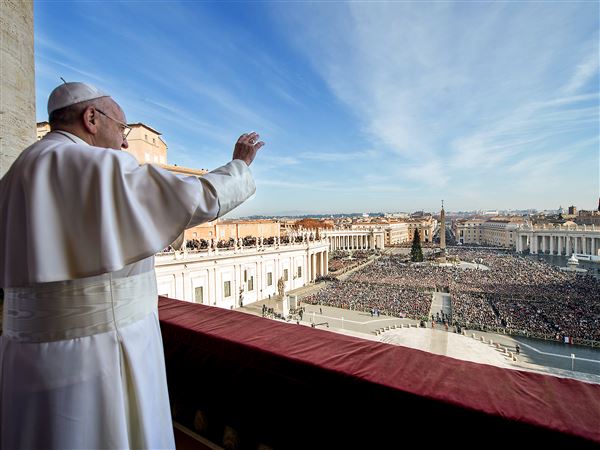If you need or want to understand the current “massive government surveillance” issue, it is very much worth reading “No Place to Hide: Edward Snowden, the NSA, and the U.S. Surveillance State” by Glenn Greenwald.
Mr. Greenwald not only writes about the subject from a well-informed point of view, he does so from having been in the middle of the process by which former National Security Agency contractor Edward J. Snowden revealed to the public the information he saw about what the American government was doing to its citizens in their name.
Mr. Greenwald has a dog in the fight and operates from a particular set of premises, including deep respect for the U.S. Constitution, but his premises and principles are not ones with which most Americans would disagree. It is truly ironic that he is described on the book’s dust jacket as a former constitutional lawyer, like President Barack Obama.
Metropolitan Books (Henry Holt) ($27).
The bulk of the book is description of just what programs the NSA carries out against the American population and foreign peoples. Its pages contain memoranda and slides that document these programs. As a criticism of the book, there are probably too many such documents, but it is clear that Mr. Greenwald, even though he doesn’t say so, has included so many because he is afraid that otherwise readers won’t believe him.
Much of the information that Mr. Greenwald reports is shocking; some of it is new. The NSA every day scoops up at least 1.7 billion American emails and phone calls. It has 30,000 employees and 60,000 contractors devoted to its tasks.
The American court assigned to oversee it, the Foreign Intelligence Surveillance Act court, is clearly afraid of the NSA and of its claimed mission to preserve national security, the catch-all justification for what the NSA does to the American population.
Most of Americans’ private communications are shared with Australia, Canada, Israel, New Zealand and the United Kingdom. NSA collection is also directed against citizens of countries such as Brazil, France, Germany and India, and the United Nations.
American communications companies, paid by their customers to carry their messages, including Apple, Cisco, Facebook, Google, Microsoft, Skype, Yahoo! and YouTube, shamelessly turn all of them over to the NSA.
NSA chief, Gen. Keith B. Alexander, lied to Congress about the agency’s activities. Mr. Greenwald, a journalist himself, is very critical of what he calls “fear-driven, obsequious journalism,” which he feels has not done its job in reporting on what the United States government is doing to its people.
Mr. Greenwald is particularly critical of the New York Times for its practice of asking the government whether it minds, before publishing material it thinks the government might not want to see in print. He cites the Times’ new executive editor, Dean Baquet, for killing a Los Angeles Times story on secret collaboration between AT&T and NSA.
He cites, however, a reasonable approach to publishing Mr. Snowden’s revelations on the part of The Washington Post and The Guardian. Curiously, he does not mention the German publication, Der Spiegel, which also published the revelations.
Perhaps the most interesting parts of the book are those dealing with Edward J. Snowden, whom Mr. Greenwald first met in Hong Kong when Mr. Snowden was on his way to Moscow, where he remains in exile.
Mr. Snowden takes some understanding. At 29, with a reasonable life and career underway, he acted on his principles — the idea that the American people were being abused by their government and had a right to know it — and exiled himself, perhaps forever, to Russia, whose approach to human rights and freedom is greatly at odds with his own. There is no way to imagine that Mr. Snowden’s life as a “guest” of the Russians is agreeable.
As I thought about him while reading the book, I could only compare him to Nathan Hale, the American spy hanged by the British in our revolution, whose final words were said to have been, “I only regret that I have but one life to give for my country.”
As for the American government that Mr. Greenwald describes, and Mr. Snowden reacted against so strongly, two quotes come to mind: one from Mr. Greenwald and one from Shakespeare’s “Macbeth.”
Mr. Greenwald writes, “… mass surveillance is a universal temptation for any unscrupulous power.” Our government is unscrupulous and prepared to act without respect for Americans’ freedoms in its universal surveillance of our private affairs.
Shakespeare in “Macbeth” says, “What need we fear who knows it when none can call our power to account.” If America’s courts, its media, its companies, its legislators and most of its civil servants are not prepared to call the government to account, who is going to do it?
Mr. Snowden did his part, but the mass surveillance has not stopped, and the alleged constitutional lawyer in the White House has showed no stomach whatsoever for fixing the situation.
First Published: May 25, 2014, 4:00 a.m.

















